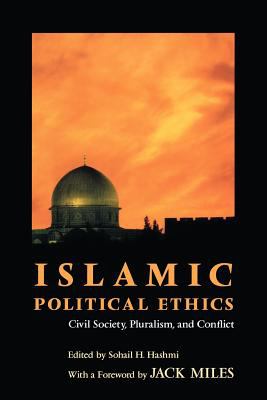
Book
|
Islamic political ethics : civil society, pluralism, and conflict
Copies
3 Total copies, 3 Copies are in,
0 Copies are out.
Title
Islamic political ethics : civil society, pluralism, and conflict
Authors
Subjects
Language
English
Published
Princeton, N.J. : Princeton University Press, ©2002.
Publication Desc
xiv, 227 p. ;
ISBN
0691113092
(alk. paper)
LCCN
2002025293
Dimensions
24 cm.









